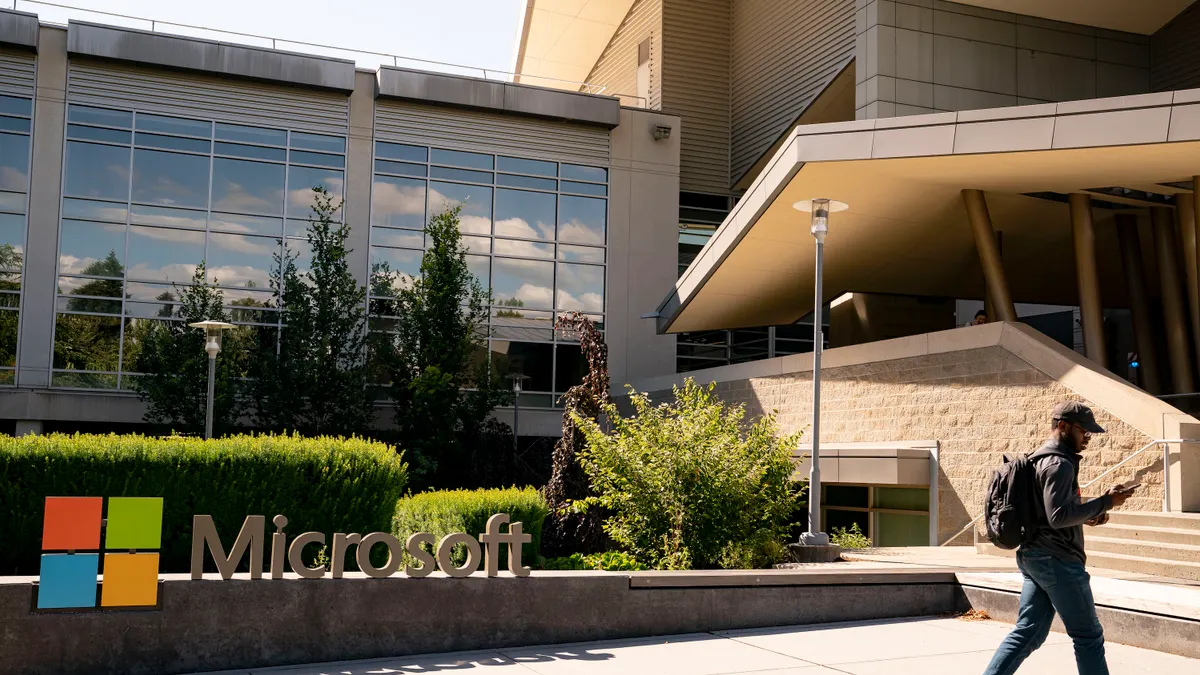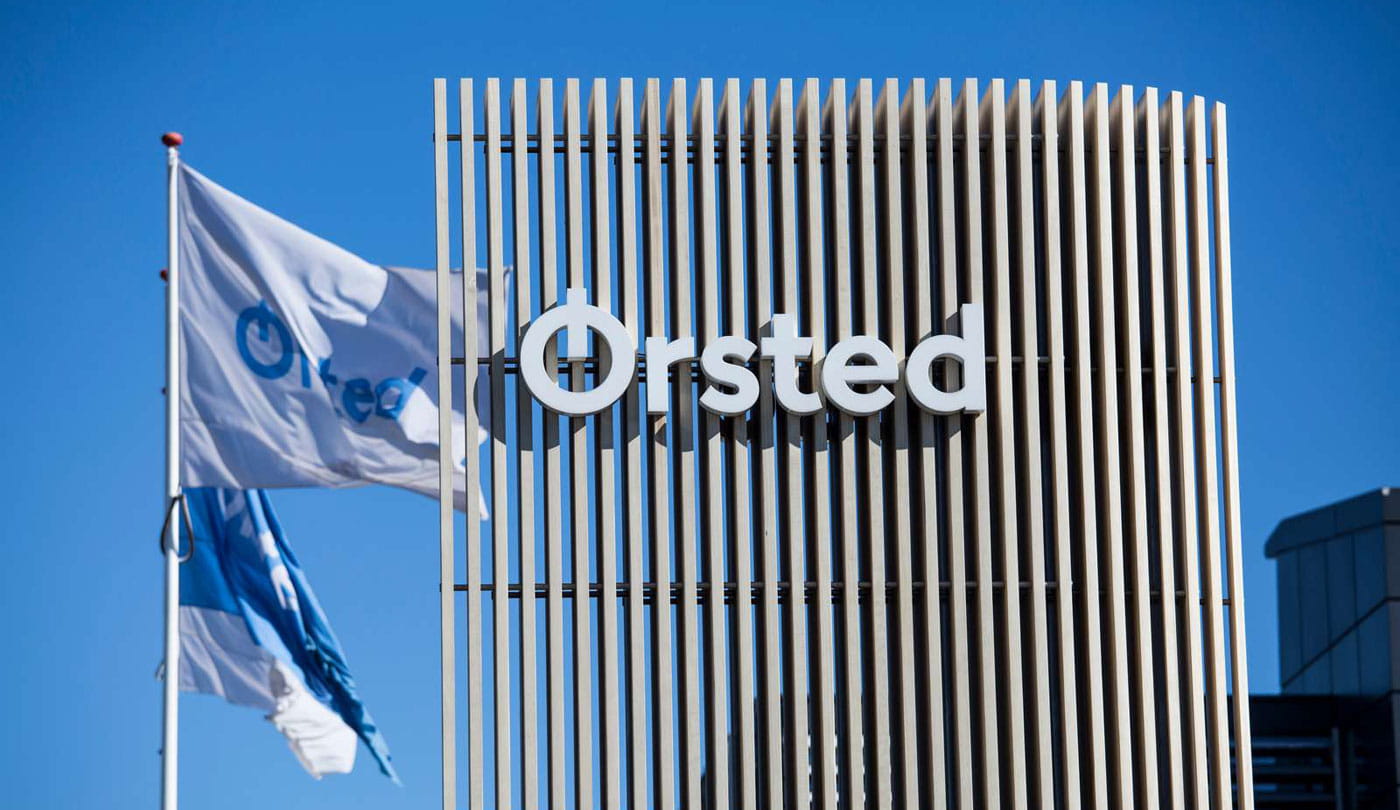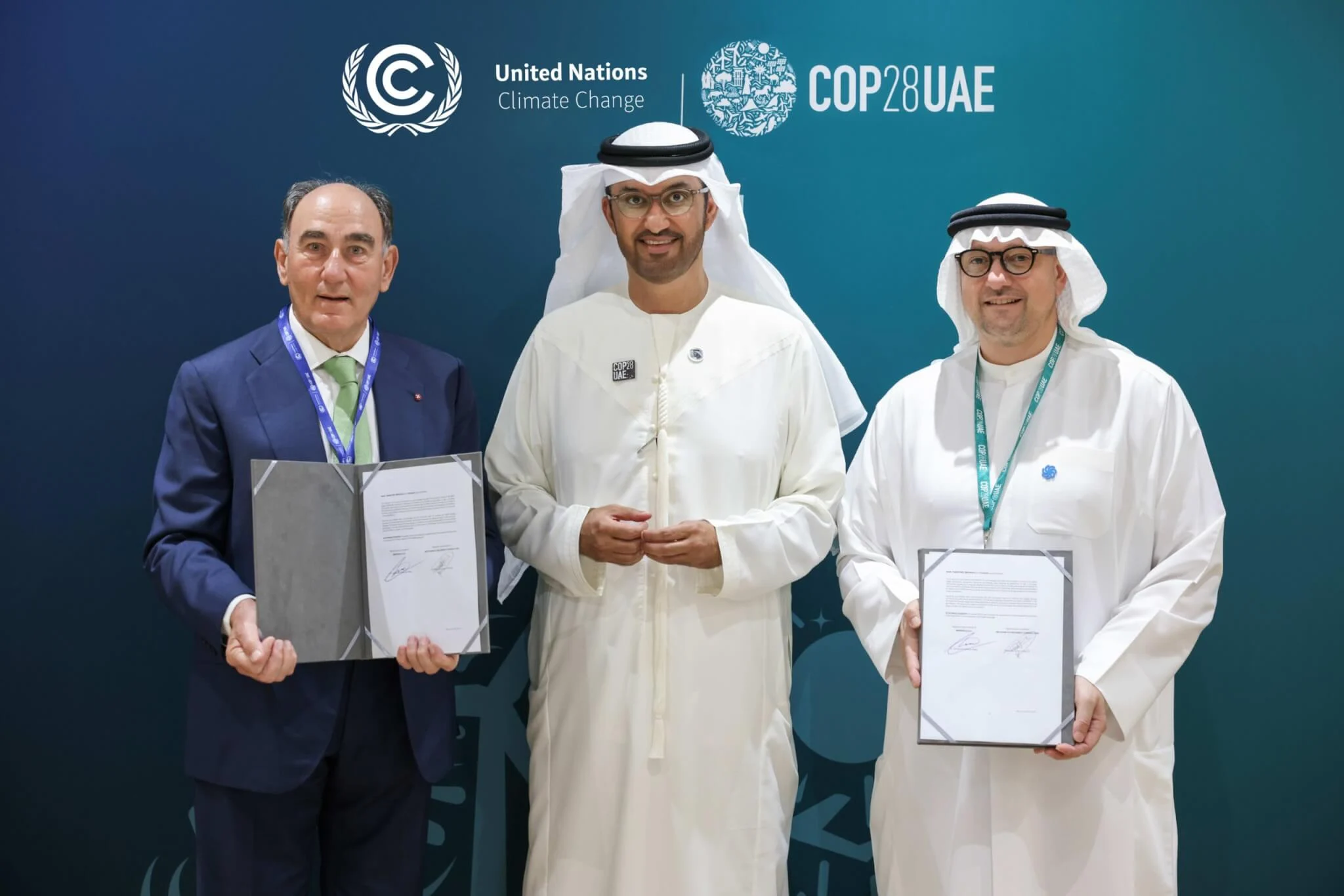Alternative Proteins Could Cut Emissions by 33% by 2050 but Lack Funding Compared to EVs: Reports Boston Consulting Group

|
Listen to this story:
|
- Achieving 50% market share in alternative proteins can cut emissions equivalent to removing half of gas-fueled cars.
- Alternative proteins currently receive significantly less government support than electric vehicles.
- Innovation and public-private collaboration are crucial for scaling the alternative protein industry.
Growing the share of alternative proteins to half the global protein market could cut agricultural emissions by almost a third by 2050, reducing CO2 by 5 gigatons annually. This impact is equivalent to taking 50% of gas-fueled cars off the road, according to a new report by Boston Consulting Group (BCG), The Good Food Institute (GFI), and Synthesis Capital.
While electric vehicles (EVs) surged from 0.2% of new car sales in 2012 to 18% in 2023, alternative proteins remain a small fraction of the market. In the US, plant-based meat has stagnated at around 1% of total meat sales for five years. Animal agriculture contributes 15%-20% of greenhouse gas emissions, compared to 10% from passenger road transportation. However, in 2022, alternative proteins received only $635 million in government support versus $40 billion for EVs.
“Achieving mass adoption of alternative protein is an opportunity we can’t afford to miss in the drive to cut emissions and combat climate change,” said Elfrun von Koeller, BCG partner and report coauthor. “There are many lessons that the industry, as well as governments and regulators, can learn from the successful electric vehicles sector, which also faced early hurdles to consumer adoption and expansion. If private companies, governments, and investors come together, they can lay the foundation for a food system that is more sustainable, as well as more secure.“
Emma Ignaszewski from GFI highlighted, “Electric vehicles are a powerful climate solution that doesn’t require consumers to make significant behavioral changes. They simply offer a more sustainable swap-in for gas-powered cars. Alternative proteins offer a strikingly similar promise: enjoy your burger, but produced with far lower greenhouse gas emissions than conventional meat. Securing public funding—which has been instrumental for EV innovation—is critical for alternative proteins to scale and compete with conventional meat on taste and price. And competing on these drivers of consumer choice is the blueprint for alternative proteins to help decarbonize the food sector, just as electric vehicles can help decarbonize the transportation sector.“
Rosie Wardle of Synthesis Capital emphasized, “Government support for alternative proteins is gaining momentum, with policymakers across the globe recognizing the potential of the sector to generate significant benefits, including achieving climate commitments, ensuring food security, mitigating environmental damage, and boosting economies. However, much more support is needed for the sector to deliver on its potential. This new report offers insights into how stakeholders can advance the industry, in order to create a future where these products are no longer ‘alternative.’“
Related Article: Boston Consulting Group Enters 40,000-ton Carbon Removal Credit Agreement with CarbonCapture
The report outlines several key lessons from the EV sector:
- Innovate for Parity: Alternative proteins must match animal proteins in taste, texture, price, and convenience, similar to how EVs compete with gas-powered cars.
- Supportive Public Sector: Governments should set ambitious carbon reduction targets, aid companies in bringing innovative proteins to market, and fund research to achieve scale.
- Investment Boost: Learning from the EV industry’s experience, alternative protein companies should build resilient supply chains and secure both public and private funding for early-stage research.
Download the full report here.








